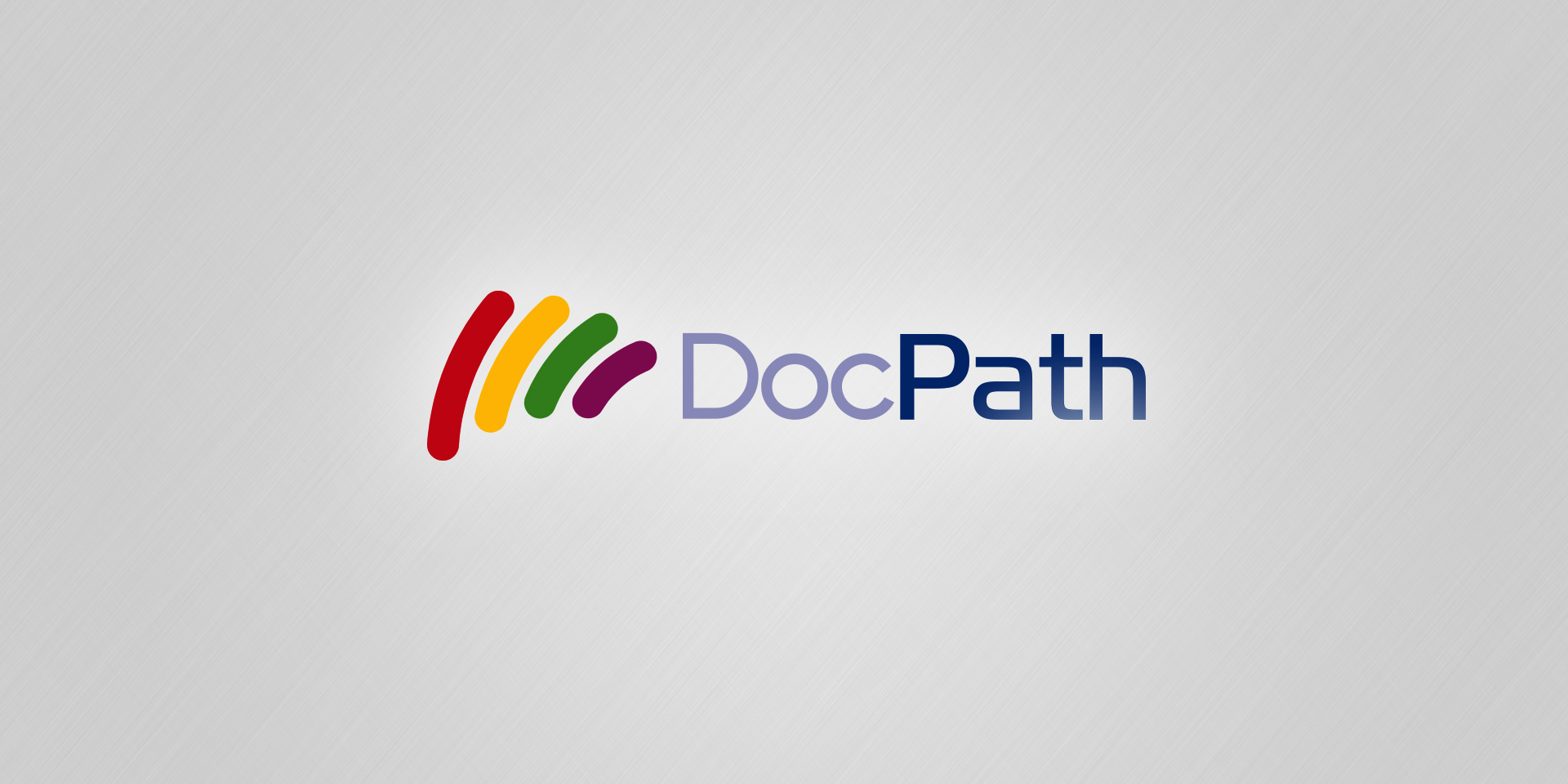
One of the biggest changes that society has experienced in recent years is the awakening to the importance of the environment. Although there is still a long way to go, no one is indifferent to the effects of climatic change. Warnings that before were dismissed as apocalyptic hysteria are now being taken more seriously and there isn’t a citizen or company that isn’t adopting ecologically sustainable measures in their daily activities.
Proof of this is found in corporate social responsibility programs that are being announced by organizations of all kinds, new developments that have led to the rise of the technology known as Green IT and policies in which many companies are obligating their employees to adopt related to reducing printing and paper consumption.
In Spain more than 270,000 tons of paper were consumed last year and a large portion of this was devoted to printing and copying business documents. Many organizations from all sectors are now turning to technology to minimize this practice, while others have already been relying on document software for this for some time.
Banks profitability resulting from innovation
Banks and other financial businesses have been standard bearers in adopting emerging technologies and document software is no exception. Twenty years ago it was common to use pre-printed banking forms, static forms that didn’t allow hardly any modification and that consumed large amounts of resources in banking offices.
The most innovative banks opted for document software to resolve this issue. This technology allowed them to eliminate their use of pre-printed banking forms with applications that made it possible to easily design of any kind of form. Thus, thanks to the implementation of banking document management solutions, when customers requested bank statements, invoices or contracts, their data could automatically be merged with the appropriate forms and much more professional looking documents could be delivered.
This method of producing documents not only improved the image that customers had of the financial institutions with which they worked, but it also served to reduce the paper consumption and costs dedicated to these tasks.
It could be said that the banking sector was one of the first to implement ‘green technology’ to establish ecologically sustainable operating policies, banking document management policies which also increased employee productivity and profits.
Endless options for implementing software solutions in the banking sector
With the passage of time and given the positive results, the banking industry continues to consider Information Technology as an integral motor of its business. Hence, it has initiated projects including the most modern technologies. Server virtualization, adoption of service oriented architecture or opting for business intelligence initiatives are clear examples of the innovation that this sector is advocating.
In most cases, these innovations have not only meant optimization of internal processes in bank offices or increased profits, they have also led to adopting more environmental policies that reduce CO2 emissions and energy consumption.
The adoption of banking document software solutions perhaps have contributed the most to banks maintaining environmentally friendly policies, not only for eliminating pre-printed forms, but also for the evolution of recent years that the banking sector has welcomed with open arms.
Banking document management software – A global solution
Financial organizations interact with their customers with printed documentation in their office networks, mass mailing and mass emailing information and using Internet portals. In everyone of these processes, quality document software can make a difference in making organizations more competitive and considerably reducing their costs.
If documentation is mostly printed at different delegations of a banking organization, a printing control system that can be installed locally or as a central server, can be a determining factor in fully optimizing the organization’s printing system. With the printing control software solution that modern document software provides, print quotas can be assigned to users and departments and detailed reports can be generated with which an organization can control the amount of resources it consumes in terms of hardware and supplies.
It’s only logical that being able to control the number of prints and copies will also encourage employees to personally adopt more responsible consumption habits, and as a consequence, the printing costs for the organization will be even further reduced.
Electronic banking and environmentally friendly storage
The Web also offers many possibilities and banks should take advantage of them to increase their productivity. It is much more efficient to send a mass emailing than to print hundreds of pages, batch them, stuff them in envelopes and mail them to their respective recipients.
Real-time document generation on the Internet is another advantage that document software provides. Previously, customers had to go to an office to get bank statements, where in the best scenarios they were printed and delivered in a few minutes. Now, they only have to access a bank portal to make their requests. And in a matter of a few seconds, they can see them on their computer screens, all in a manner that is environmentally friendly and profitable for the organization.
Once documents are generated and distributed, financial institutions must store them in the event that they have to be retrieved in the future. Storage has always been an authentic headache for any organization, especially for those that manage large volumes of documents.
Digitalization reduces the space formerly required for archiving paper. Combined with document management software enabling easy search and retrieval of the electronically stored information, an essential process is gained for achieving authentic ecologically sustainable and profitable banking.
By implementing document software the banking and insurance companies have given multiple examples for how document management solutions help saving costs and at the same time improve customer satisfaction, employee efficiency and being more responsible with our environment.
Julio Olivares,
president and founder of DocPath